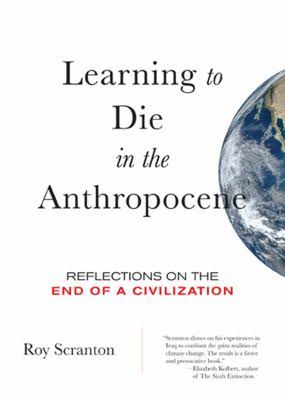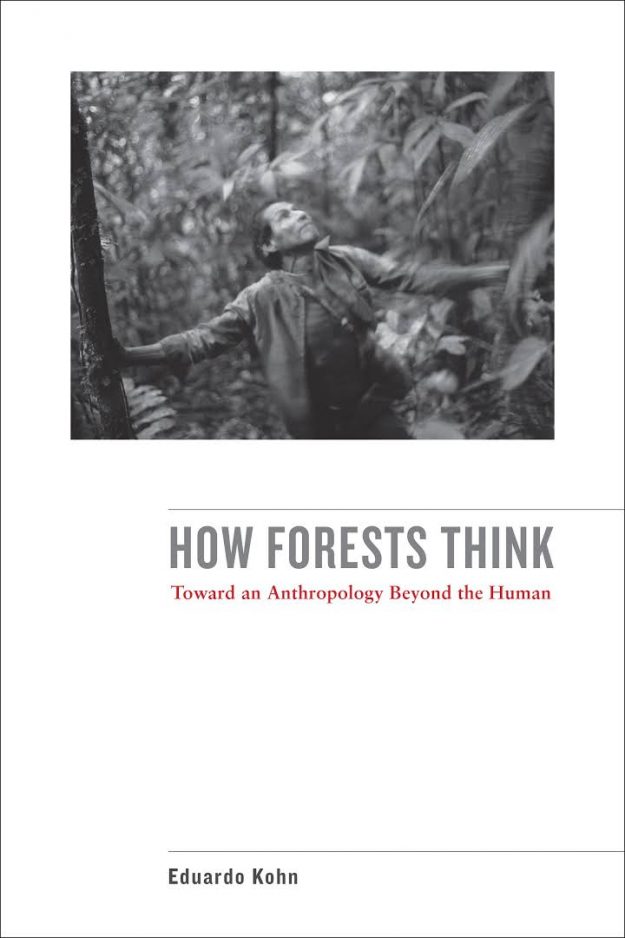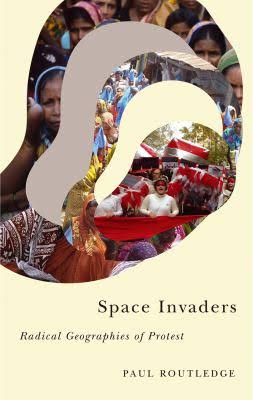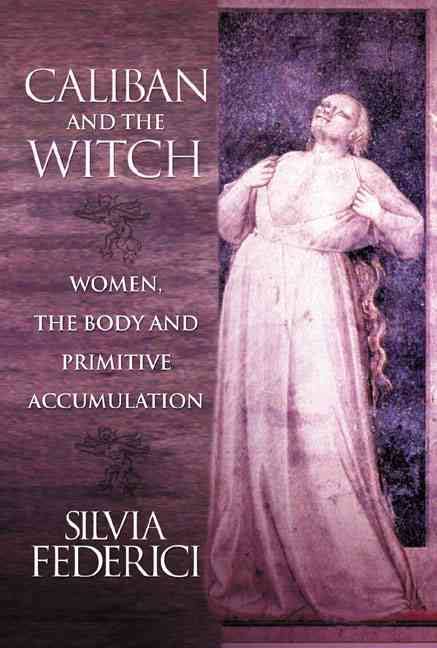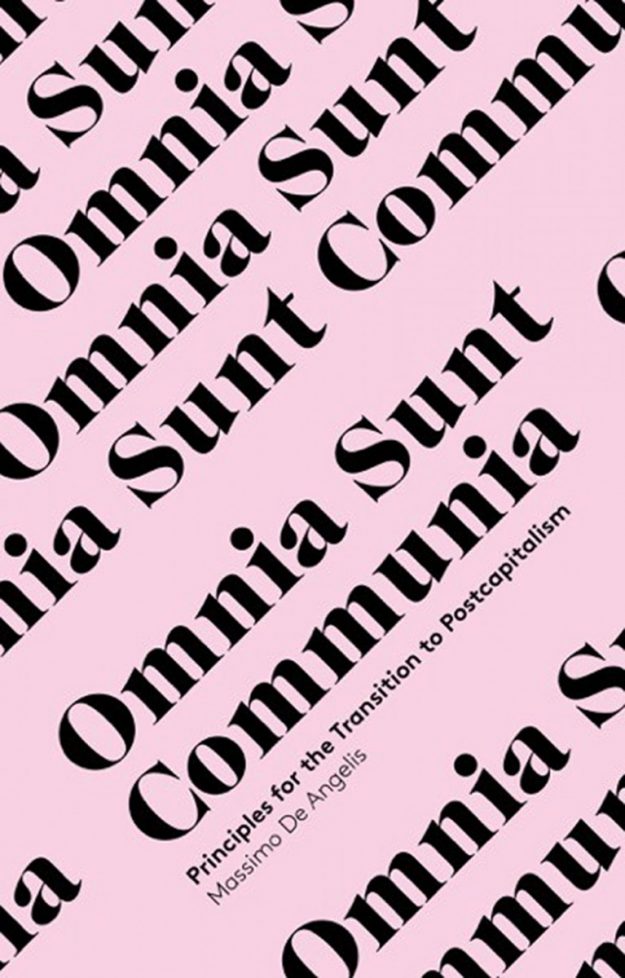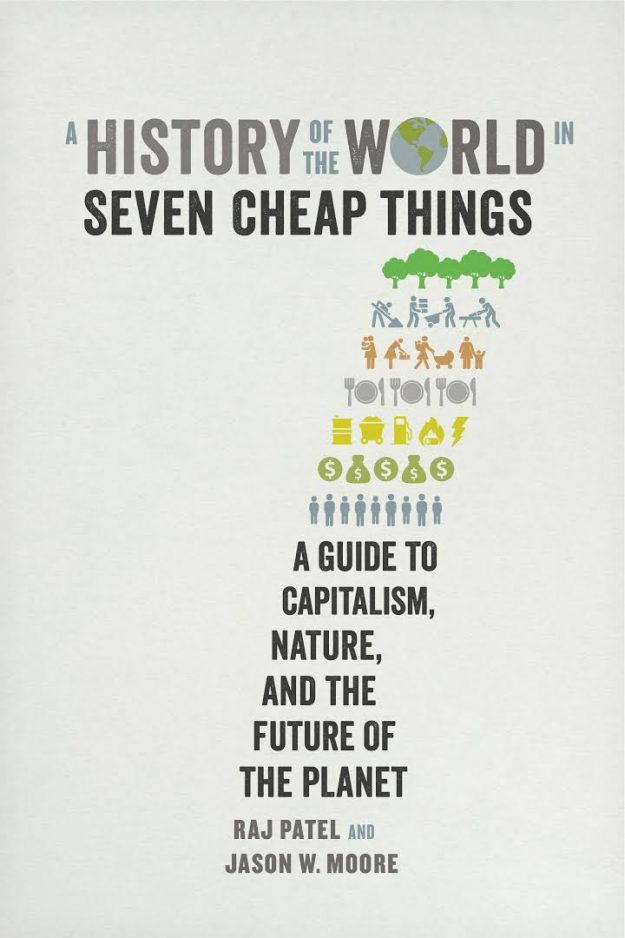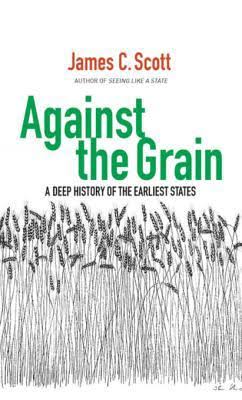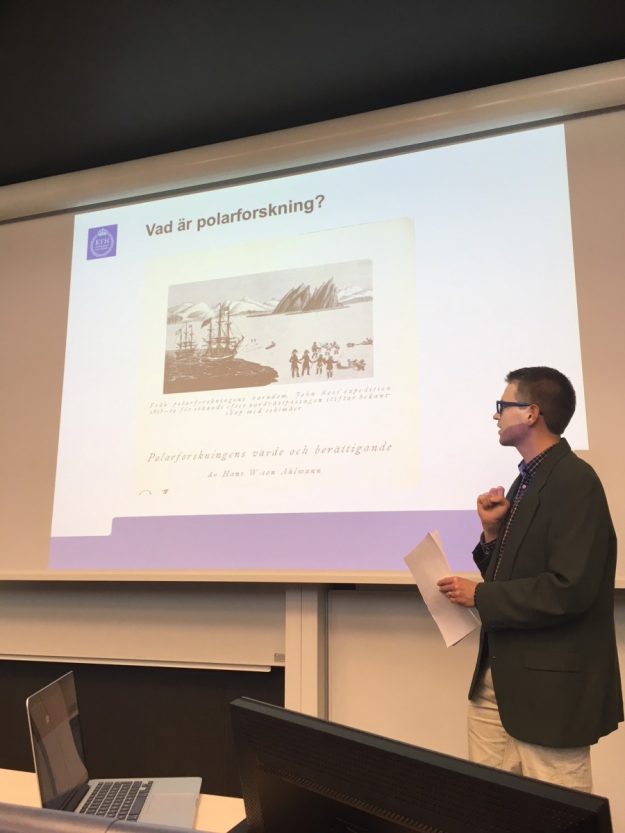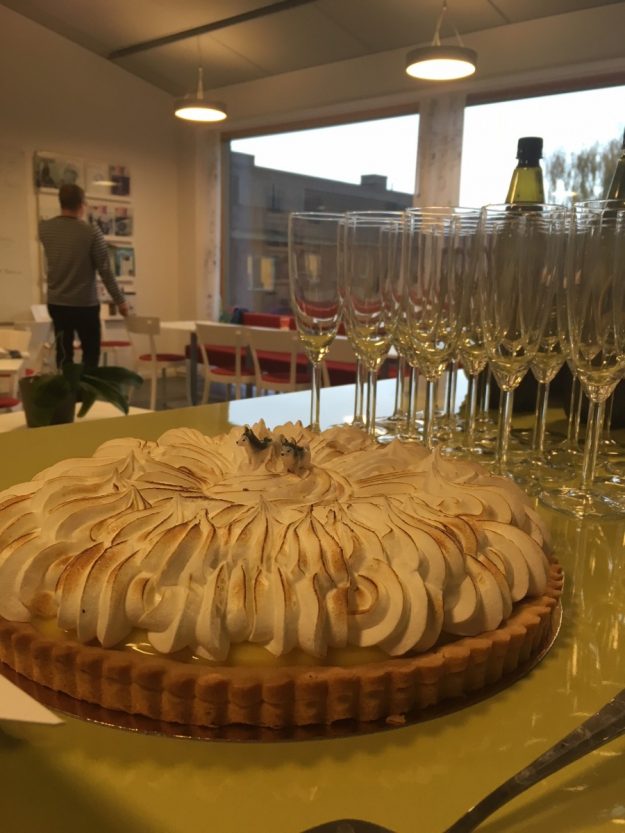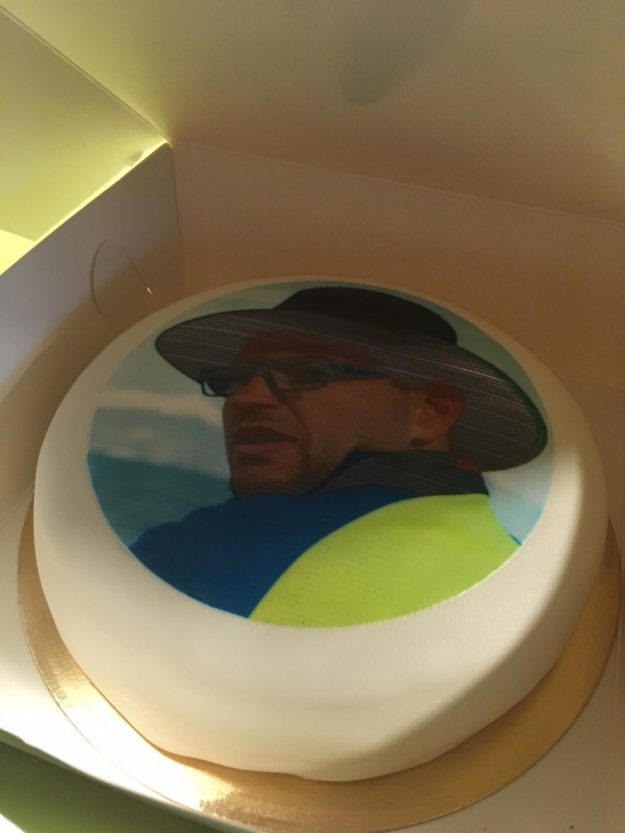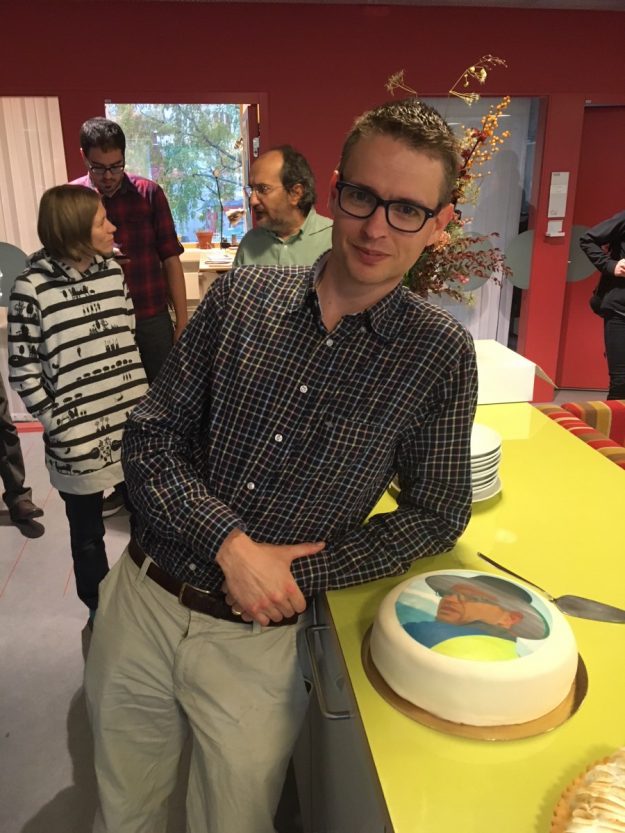A new reading group saw the daylight here at the Division just recently. The initiative was taken by a few people from the EHL and then spread to others interested at the Division. The aim of the group is to collectively read a book each month, discussing it and writing a short reflection piece. That short piece might eventually find its way to this blog, so be sure to check back here!
To prevent, as Ethemcan put it, the group from becoming rusty and not that attractive because it was left to brew for a long period of time, a list of proposed books was put together quite fast. Although every group member’s voice was heard in this, the group acknowledges the problem of lack of female and non-male representation on the list. Hence – the list might get revised in the future.
The reading group currently consists of Ethemcan Turhan, Ilenia Iengo, Daniele Valisena, Jesse Peterson, Dmitry Aryzuov and Jean-Sebastien Boutet, all from within the Division, and our fellow guests Giacomo Bonan, Sergio Ruiz and Stefano Morosini.
Behold the list of proposed books below! Click each cover to get to the books Amazon page. And as written above: don’t forget to check back here to get a piece from the discussions in the future.

